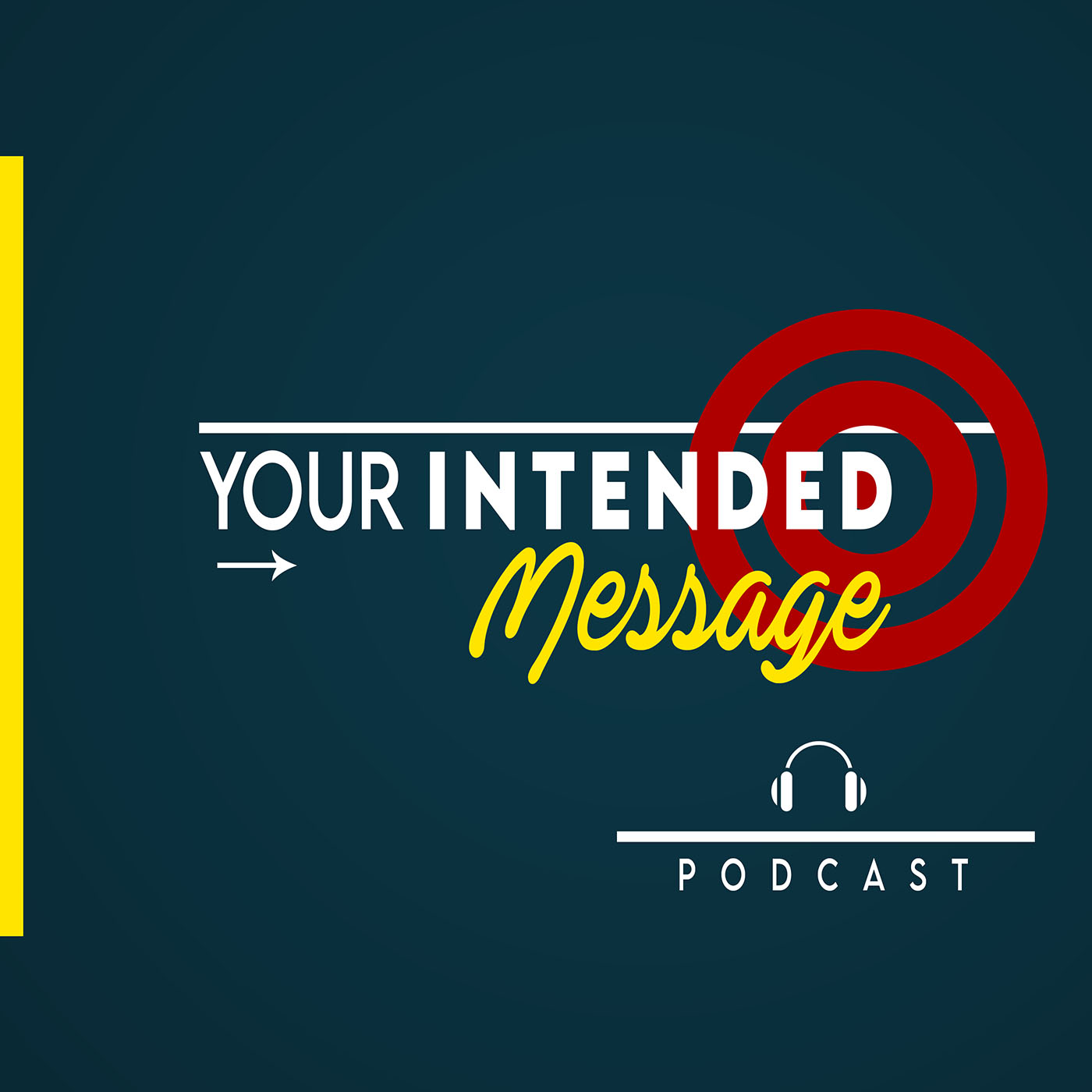
Steve Lowell explains how to apply Deep Thought Strategy to your marketing positioning and sales conversations to entice clients to buy from you.
Episode 89 (Steve is based in Ottawa, Canada)
In this discussion we explore:
About Steve Lowell
Steve is the 2022 president of the Global Speakers Federation representing over 6,500 professional speaker s around the globe.
Steve Lowell CSP, has been speaking and performing on the live stage since the age of 6, that’s over 53 years ago.
Steve is the author of three books and five online courses.
If you are a non-fiction author and ready to leverage the power of your book, watch this eye-opening webinar "You're an Author... Now What?"
(no charge)
-----
02:30
So it's a big process, I call it deep thought strategy. And we kind of look at it from this angle. The objective is to demonstrate a unique understanding of your market or prospects or audience's world from a perspective they have never considered before.
So the process starts with exploring not your solution. And not all the great things that you've created, but exploring the market and trying to find an angle that the market has not considered before.
And then what we do is we take the complex idea or solution and we break it down into its most basic components, and craft a very simple straightforward message that doesn't present another solution as much as it presents another problem.
So it's sort of the objective is to bring their awareness to a problem they never even knew they had, I'm talking about the audience or the prospect of the market.
And the desired outcome of this whole process is to get the market or the audience to kind of do this, you want them to go, Hmm, I've never thought of it like that before. And that's the desired outcome that we work towards.
-----
20:49
The question is, "What is my unique understanding of your condition? From a perspective you have never considered before? How am I going to demonstrate that I know your condition better than you know your condition?"
You see, if I'm trying to sell you my complex idea, the worst thing I can do is try and sell you my complex idea.
What I need to do is I need to open your perspective, so that you understand that you need my complex idea.
I need you to tell me that you need my complex idea. If I sit here and try and convince you that you need my complex idea. I'm just another sales guy. And I look like everybody else.
So the question we work towards is, how am I going to demonstrate to you as my prospect? How am I going to demonstrate to you a unique understanding of your condition, from a perspective you have never considered before.
I want you to be able to go, I've never heard it like this before. No wonder I can't do that. No wonder I can't reach this outcome. And only until we achieve that, at that point, then my solution becomes relevant to you.
Up until that point, it doesn't, it's not even relevant. It's just you know, another checkmark on the shopping list and all of the different people you've seen in your life.
So that's it. That's a tough mindset shift to make sometimes.
-----
----more----
In these interviews we will explore presentation skills, public speaking, conversation, persuasion, negotiation, sales conversations, marketing, team meetings, social media, branding, self talk and more.
Your host is George Torok
George is a specialist in communication skills. Especially presentation. He’s fascinated by the links between communication and influencing behaviours. He delivers training and coaching programs to help leaders and promising professionals deliver the intended message for greater success.
Connect with George
www.SpeechCoachforExecutives.com
https://www.linkedin.com/in/georgetorokpresentations/
https://www.youtube.com/user/presentationskills

 Build Trust Fast: Lessons from a War Zone Spy: JJ Brun
Communication Techniques from a Retired Spy
Why Deception Fails: The Rule for Ra
Build Trust Fast: Lessons from a War Zone Spy: JJ Brun
Communication Techniques from a Retired Spy
Why Deception Fails: The Rule for Ra
 Storytelling for Business Leaders: Graham Brown
The Three-Box Storytelling Framework
The Hidden Psychology Behind Stories that C
Storytelling for Business Leaders: Graham Brown
The Three-Box Storytelling Framework
The Hidden Psychology Behind Stories that C
 Servant Leadership in Business: Jim Hardwick
When You Serve First, Business Follows
How a Servant’s Heart Builds Trust, Teams
Servant Leadership in Business: Jim Hardwick
When You Serve First, Business Follows
How a Servant’s Heart Builds Trust, Teams
 12 Communication Lessons from David Copperfield
How David Copperfield Creates Belief
What a Master Illustionist Taught Me about
12 Communication Lessons from David Copperfield
How David Copperfield Creates Belief
What a Master Illustionist Taught Me about